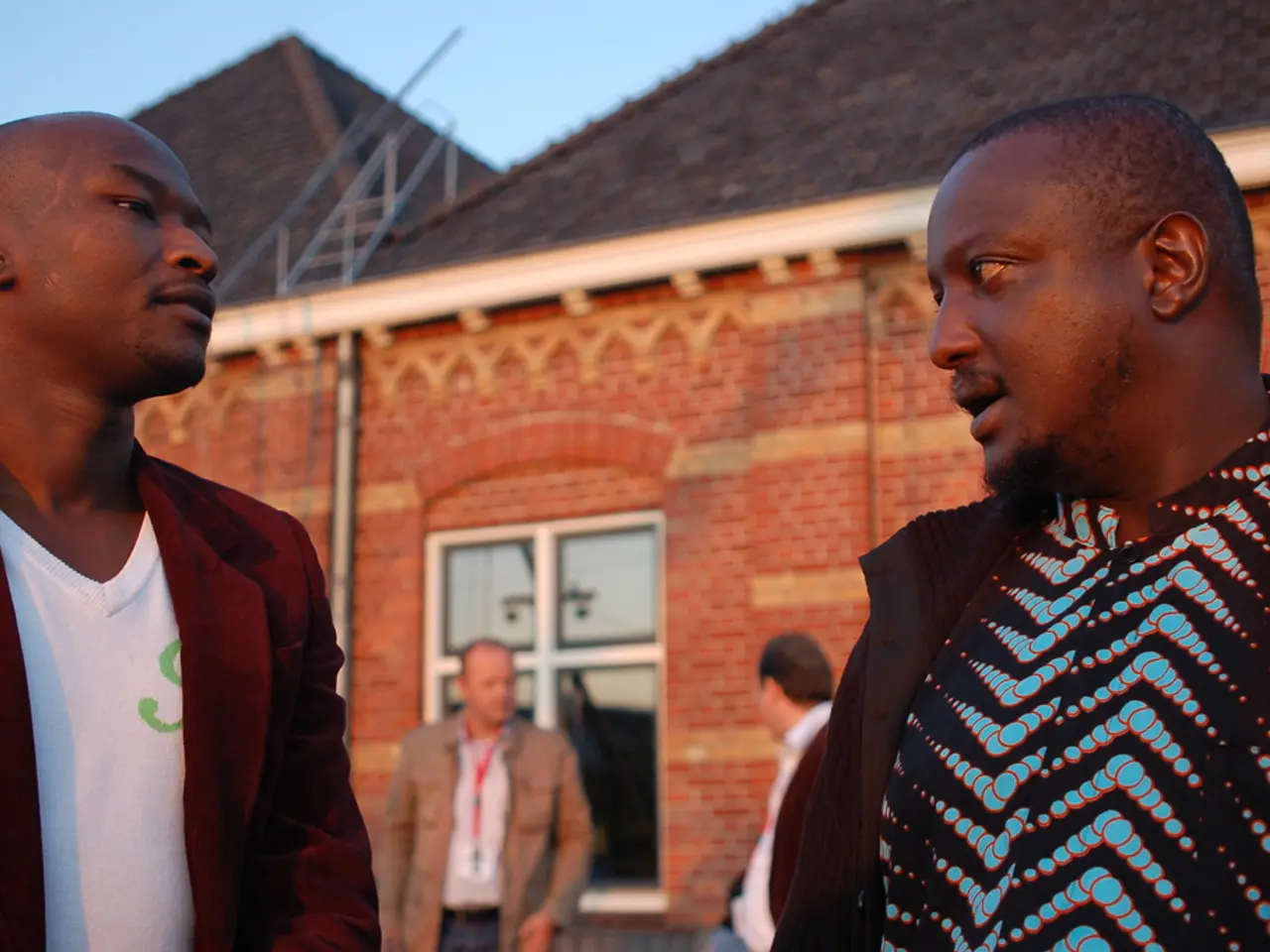Israel Launches Airstrikes in Syria: Understanding the Conflict Over Druze Community in Suweyda and Escalating Tensions
In a significant turn of events on July 16, 2025, the Israel Defense Forces (IDF) launched a series of air strikes on strategic locations in Damascus and southern Syria, according to official IDF statements. The strikes, which targeted the Syrian military headquarters in Damascus and areas near the presidential palace, were met with "panic" in the Syrian capital, as reported by Al Jazeera's Zeina Khodr.
The IDF's actions were framed as a response to the ongoing sectarian violence in southern Syria's Suwayda province, where tensions have been escalating between the Druze community and local Bedouin Sunni tribes, as well as the new Syrian government under Interim President Ahmed Al-Sharaa. The Druze, a religious minority with deep roots in the region, have resisted pressures from both Sunni tribal forces and the new Syrian authorities, leading to armed clashes and displacement.
Israel has long expressed concerns over the security and treatment of Druze communities near its borders, and has historically interceded when it perceives threats to their safety. The IDF's public focus on the Druze issue in Suwayda suggests that Israel views the situation as a potential security risk, possibly justifying preemptive or retaliatory strikes on Syrian military infrastructure.
The strikes in Damascus and Suwayda resulted in casualties, with Syria’s Ministry of Health reporting at least one fatality and 18 injuries in Damascus, and more than 250 people killed in Suwayda province during the clashes, according to the Syrian Observatory for Human Rights. The Syrian government strongly condemned the Israeli attacks, denouncing them as a "dangerous escalation."
The Israeli government has explicitly linked its military actions to the protection of Druze civilians, warning of further strikes if necessary. Ammar Kahf, executive director of Omran Center for Strategic Studies, stated that Israel is trying to impose its will on the new Syrian leadership.
The broader context includes a fragmented Syria under new, interim leadership, ongoing sectarian tensions, and the risk of spillover affecting neighboring countries, including Lebanon and Israel. As the situation remains volatile, the potential for further Israeli strikes persists if the Syrian regime or allied forces continue actions perceived as threatening to Druze civilians. The conflict in Suwayda is emblematic of Syria’s enduring sectarian divides and the challenges facing its new leadership. Israel’s direct military engagement underscores the regional stakes and the likelihood of continued international involvement in Syria’s internal conflicts.
| Location | Key Actors | Recent Developments | Israeli Stance | |-----------------|-------------------------------------|-------------------------------------------------------|-------------------------------------------------| | Damascus | IDF, Syrian military | Israeli airstrike on military HQ (July 16, 2025) | Retaliatory/protective, linked to Druze safety | | Suwayda Province| Druze, Sunni tribes, Syrian gov’t | Sectarian clashes, government crackdown | Monitoring, threatens further military action |
[1] Sources: IDF Spokesperson's Unit, Al Jazeera, Syrian Observatory for Human Rights, Omran Center for Strategic Studies.
Breaking news: The Israeli Defense Forces' (IDF) airstrikes on Damascus and southern Syria are being viewed as a response to the ongoing sectarian violence in the Suwayda province, where tensions between the Druze community and local Bedouin Sunny tribes have led to armed clashes. The Israeli government has expressed concerns over the safety of Druze communities and has threatened further strikes if necessary, implying a potential risk to human rights in the region.
In the realm of politics, the Israeli government's actions signal a possible escalation in the general-news story of Syria's fragile post-conflict landscape, with the potential for spillover into neighboring countries like Lebanon and Israel. As the situation remains volatile and the Syrian regime continues actions perceived as threatening to Druze civilians, the stage is set for continued international involvement in Syria's internal conflicts.








